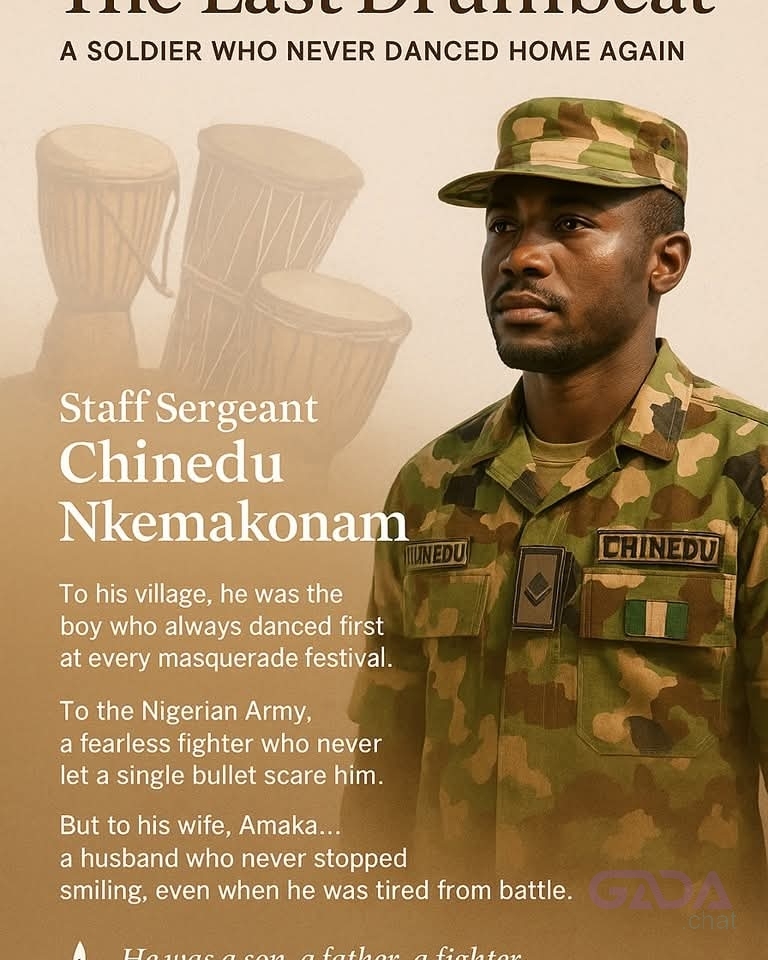DEVELOPING YOUR ABILITY TO SEE IN PICTURES
The clock displays a specific time, which may influence your current actions. If you are reading, you have chosen to focus on letters representing words; furthermore, these words convey ideas about physical and intangible objects. The images provoked in your mind depend on the words you read. You aren’t creating those images; they appear as a finished picture, like an Alsatian dog or a Dalmatian. Those breeds symbolise physical features that may seem tangential unless we provide more details about their age, gender, coat, colour, and context. As we string sentences together, those words enhance clarity, allowing us to create ideas over time.
Do we simply take this skill for granted, that no other species can take descriptions and names and identify physical features? The most fascinating part is that your mind forms images and develops thoughts based on how you present those ideas. Not everyone’s mind is conditioned to think this way, as they may have a completely different depth of thought, or perhaps they haven’t trained their minds to consider the abstract aspects of life that require more explanation. Allowing our minds to freely contemplate details or abstract concepts aids in developing our thinking faculties to analyse information.
I can pick up a book and read for ten minutes, and during that time, my mind absorbs words from the page that I didn’t put there; it engages in another person's thought process and how they perceive things. It's fascinating that not only can we create, but we can also be influenced by others' opinions through visual or linguistic codes. Yet the way they describe something or analyse it may indicate that they see it from a different perspective, or it may present new information, or it could confirm ideas you already hold. This illustrates the difference between the two minds. However, if those minds were shaped by different cultural, social, or economic contexts, how might their perspectives diverge based on their social locations?
Imagine your physical space, exactly where you are now; you might be in your house, on the subway, at a café, in a park, or sitting at the beach. The first observation we want to make is that no one else in this world is occupying that small piece of the earth except for your physical body. You could be on a roller coaster about to start, experiencing something entirely different than Taylor Swift, who is choreographing her next music video. She hears different sounds, is immersed in the cultivation of creativity in dance, and frames physical objects to convey the meaning she wishes to impart to her listeners.
But if we were to go even deeper, there may be a philosophy at another level that influences people's experiences. The rollercoaster rider is a go-getter who wants to enjoy having fun and may prioritise such experiences more than a religious monk on a meditation retreat, quietly seeking the source of their ideas. The monk isn’t on the rollercoaster because of a completely different set of values. Understanding that people’s priorities change based on various factors is important. A corporate businessman who is the CEO of his own company won’t find himself at a meditation retreat because he has a business attitude towards time. What I’m emphasising here is the ability to think in pictures and to create with words. I’ve just taken you on a journey of imagination, a skill given to you to replicate God’s image and likeness.
No animal or any other species on Earth has a philosophy of life, can dissect truth, see in pictures, read the same object, or understand and comprehend language. These are our sources of wealth if we understand how to maximise and use them for God’s kingdom. We can take measurements and analyse if they match the plumb line and know where we are supposed to be from the numbers on a clock. We can navigate the roads of life and steer our lives according to the manufacturer’s instructions through intentional living and deep introspection. Studying how well you have developed skills or where you need to improve is something only you can analyse, and it could re-automate the compass of life according to your values. Life shouldn’t be something that happens to us; it should be intentionally lived in alignment with the one who created you and made you material for this dispensation of times and seasons. Study all the hidden capacities within you and develop them to be more attuned to maximise all the wealth God has given you.
The clock displays a specific time, which may influence your current actions. If you are reading, you have chosen to focus on letters representing words; furthermore, these words convey ideas about physical and intangible objects. The images provoked in your mind depend on the words you read. You aren’t creating those images; they appear as a finished picture, like an Alsatian dog or a Dalmatian. Those breeds symbolise physical features that may seem tangential unless we provide more details about their age, gender, coat, colour, and context. As we string sentences together, those words enhance clarity, allowing us to create ideas over time.
Do we simply take this skill for granted, that no other species can take descriptions and names and identify physical features? The most fascinating part is that your mind forms images and develops thoughts based on how you present those ideas. Not everyone’s mind is conditioned to think this way, as they may have a completely different depth of thought, or perhaps they haven’t trained their minds to consider the abstract aspects of life that require more explanation. Allowing our minds to freely contemplate details or abstract concepts aids in developing our thinking faculties to analyse information.
I can pick up a book and read for ten minutes, and during that time, my mind absorbs words from the page that I didn’t put there; it engages in another person's thought process and how they perceive things. It's fascinating that not only can we create, but we can also be influenced by others' opinions through visual or linguistic codes. Yet the way they describe something or analyse it may indicate that they see it from a different perspective, or it may present new information, or it could confirm ideas you already hold. This illustrates the difference between the two minds. However, if those minds were shaped by different cultural, social, or economic contexts, how might their perspectives diverge based on their social locations?
Imagine your physical space, exactly where you are now; you might be in your house, on the subway, at a café, in a park, or sitting at the beach. The first observation we want to make is that no one else in this world is occupying that small piece of the earth except for your physical body. You could be on a roller coaster about to start, experiencing something entirely different than Taylor Swift, who is choreographing her next music video. She hears different sounds, is immersed in the cultivation of creativity in dance, and frames physical objects to convey the meaning she wishes to impart to her listeners.
But if we were to go even deeper, there may be a philosophy at another level that influences people's experiences. The rollercoaster rider is a go-getter who wants to enjoy having fun and may prioritise such experiences more than a religious monk on a meditation retreat, quietly seeking the source of their ideas. The monk isn’t on the rollercoaster because of a completely different set of values. Understanding that people’s priorities change based on various factors is important. A corporate businessman who is the CEO of his own company won’t find himself at a meditation retreat because he has a business attitude towards time. What I’m emphasising here is the ability to think in pictures and to create with words. I’ve just taken you on a journey of imagination, a skill given to you to replicate God’s image and likeness.
No animal or any other species on Earth has a philosophy of life, can dissect truth, see in pictures, read the same object, or understand and comprehend language. These are our sources of wealth if we understand how to maximise and use them for God’s kingdom. We can take measurements and analyse if they match the plumb line and know where we are supposed to be from the numbers on a clock. We can navigate the roads of life and steer our lives according to the manufacturer’s instructions through intentional living and deep introspection. Studying how well you have developed skills or where you need to improve is something only you can analyse, and it could re-automate the compass of life according to your values. Life shouldn’t be something that happens to us; it should be intentionally lived in alignment with the one who created you and made you material for this dispensation of times and seasons. Study all the hidden capacities within you and develop them to be more attuned to maximise all the wealth God has given you.
DEVELOPING YOUR ABILITY TO SEE IN PICTURES
The clock displays a specific time, which may influence your current actions. If you are reading, you have chosen to focus on letters representing words; furthermore, these words convey ideas about physical and intangible objects. The images provoked in your mind depend on the words you read. You aren’t creating those images; they appear as a finished picture, like an Alsatian dog or a Dalmatian. Those breeds symbolise physical features that may seem tangential unless we provide more details about their age, gender, coat, colour, and context. As we string sentences together, those words enhance clarity, allowing us to create ideas over time.
Do we simply take this skill for granted, that no other species can take descriptions and names and identify physical features? The most fascinating part is that your mind forms images and develops thoughts based on how you present those ideas. Not everyone’s mind is conditioned to think this way, as they may have a completely different depth of thought, or perhaps they haven’t trained their minds to consider the abstract aspects of life that require more explanation. Allowing our minds to freely contemplate details or abstract concepts aids in developing our thinking faculties to analyse information.
I can pick up a book and read for ten minutes, and during that time, my mind absorbs words from the page that I didn’t put there; it engages in another person's thought process and how they perceive things. It's fascinating that not only can we create, but we can also be influenced by others' opinions through visual or linguistic codes. Yet the way they describe something or analyse it may indicate that they see it from a different perspective, or it may present new information, or it could confirm ideas you already hold. This illustrates the difference between the two minds. However, if those minds were shaped by different cultural, social, or economic contexts, how might their perspectives diverge based on their social locations?
Imagine your physical space, exactly where you are now; you might be in your house, on the subway, at a café, in a park, or sitting at the beach. The first observation we want to make is that no one else in this world is occupying that small piece of the earth except for your physical body. You could be on a roller coaster about to start, experiencing something entirely different than Taylor Swift, who is choreographing her next music video. She hears different sounds, is immersed in the cultivation of creativity in dance, and frames physical objects to convey the meaning she wishes to impart to her listeners.
But if we were to go even deeper, there may be a philosophy at another level that influences people's experiences. The rollercoaster rider is a go-getter who wants to enjoy having fun and may prioritise such experiences more than a religious monk on a meditation retreat, quietly seeking the source of their ideas. The monk isn’t on the rollercoaster because of a completely different set of values. Understanding that people’s priorities change based on various factors is important. A corporate businessman who is the CEO of his own company won’t find himself at a meditation retreat because he has a business attitude towards time. What I’m emphasising here is the ability to think in pictures and to create with words. I’ve just taken you on a journey of imagination, a skill given to you to replicate God’s image and likeness.
No animal or any other species on Earth has a philosophy of life, can dissect truth, see in pictures, read the same object, or understand and comprehend language. These are our sources of wealth if we understand how to maximise and use them for God’s kingdom. We can take measurements and analyse if they match the plumb line and know where we are supposed to be from the numbers on a clock. We can navigate the roads of life and steer our lives according to the manufacturer’s instructions through intentional living and deep introspection. Studying how well you have developed skills or where you need to improve is something only you can analyse, and it could re-automate the compass of life according to your values. Life shouldn’t be something that happens to us; it should be intentionally lived in alignment with the one who created you and made you material for this dispensation of times and seasons. Study all the hidden capacities within you and develop them to be more attuned to maximise all the wealth God has given you.











